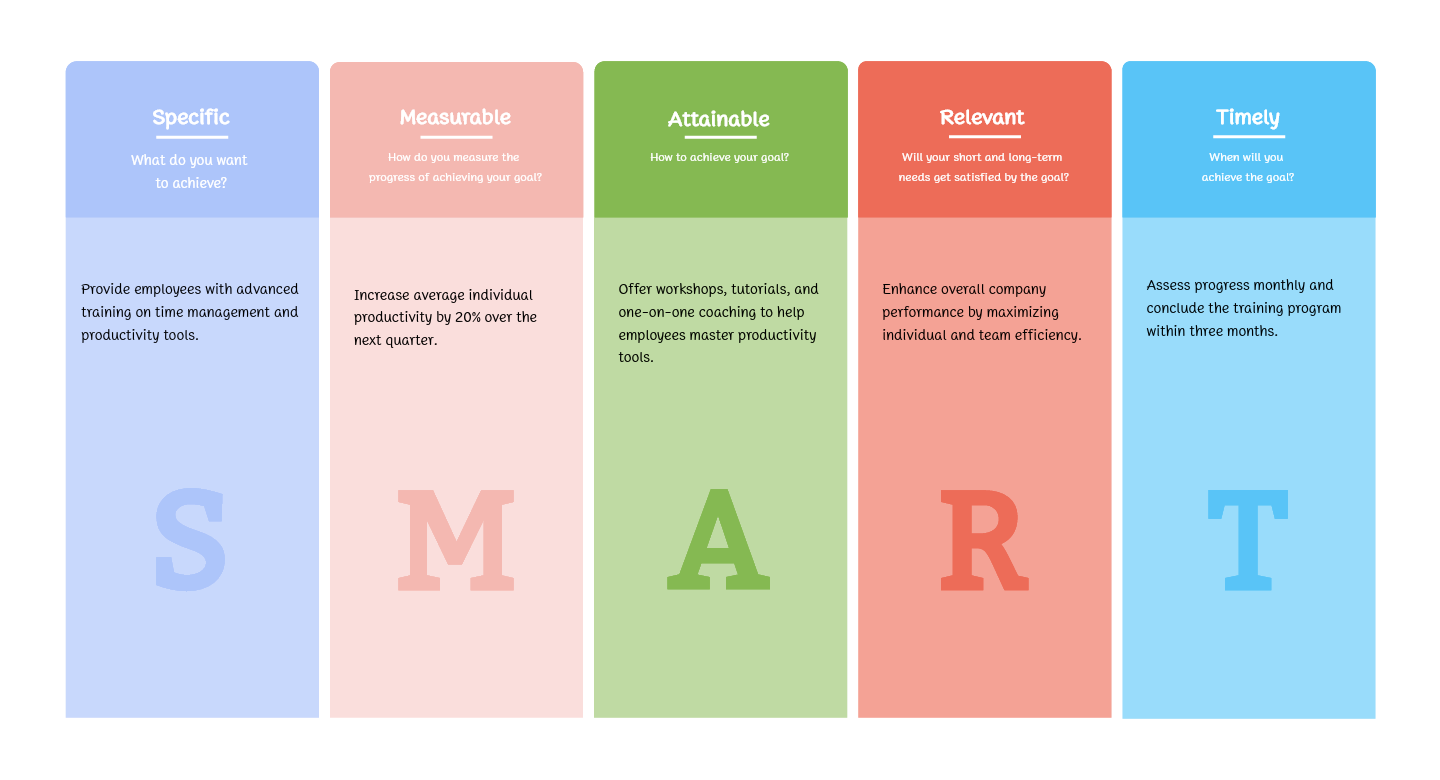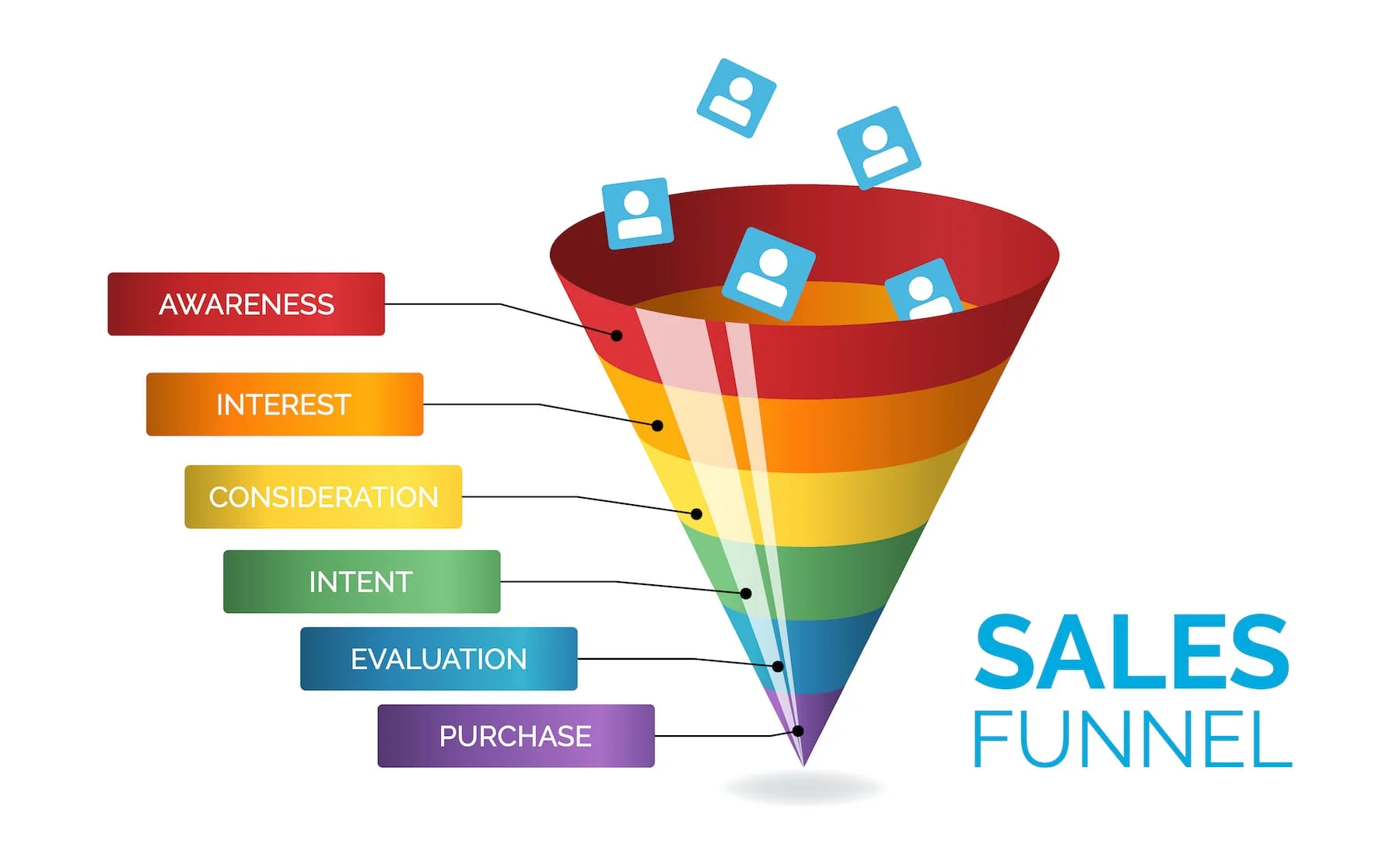Setting SMART Goals for Personal and Professional Productivity

Setting SMART Goals for Personal and Professional Productivity
Do you ever feel like you’re not making the most of your time? Like you’re constantly spinning your wheels but not getting anywhere? If so, you’re not alone. Many people struggle with productivity, both in their personal lives and in their careers.
One way to overcome this challenge is to set SMART goals. SMART is an acronym that stands for Specific, Measurable, Achievable, Relevant, and Time-bound. When you set SMART goals, you’re more likely to achieve them because they’re clear, focused, and realistic.
The SMART Method
Specific
Your goals should be specific and well-defined. What exactly do you want to achieve? The more specific you can be, the better. For example, instead of saying “I want to lose weight,” you could say “I want to lose 10 pounds in 3 months.”
Measurable
Your goals should be measurable so that you can track your progress and see how you’re doing. How will you know if you’ve reached your goal? For example, if your goal is to lose weight, you could track your progress by weighing yourself weekly.
Achievable
Your goals should be achievable, but not too easy. If your goals are too easy, you won’t be motivated to achieve them. But if they’re too difficult, you’ll get discouraged and give up.
Relevant
Your goals should be relevant to your overall goals and objectives. What are you trying to achieve in the long run? Your goals should be aligned with your overall vision for your life.
Time-bound
Your goals should have a deadline. When do you want to achieve them? Having a deadline will help you stay on track and motivated.
Setting SMART Goals
Now that you know what SMART goals are, here are some tips for setting them:
- Start with your big goals. What do you want to achieve in the long run? Once you know what you want, you can start to break it down into smaller, more manageable goals.
- Be specific. The more specific you can be, the better. What exactly do you want to achieve? When do you want to achieve it? How will you measure your progress?
- Be realistic. Don’t set yourself up for failure by setting unrealistic goals. Make sure your goals are achievable, but still challenging.
- Write down your goals. Writing down your goals makes them more real and helps you stay committed.
- Track your progress. It’s important to track your progress so that you can see how you’re doing and make adjustments as needed.
- Celebrate your successes. When you achieve a goal, take some time to celebrate your success. This will help you stay motivated and keep moving forward.
Conclusion
Setting SMART goals is a great way to improve your productivity, both personally and professionally. By following the tips above, you can set yourself up for success.
Additional Resources
- SMART Goals: A Complete Guide: https://www.indeed.com/career-advice/career-development/smart-goals
- How to Set SMART Goals: [URL inválido removido]
- SMART Goals Worksheet: https://www.mindtools.com/pages/article/smart-goals.htm
- Exploring Sales Funnels

- Understanding Buyer Personas

- The Impact of Customer Feedback on Sales

- What Is Sales Analysis?

- The Importance of Sales Follow-Up

- Demystifying Objection Handling





